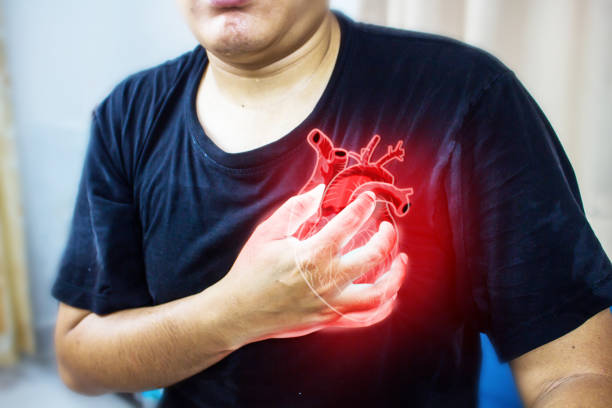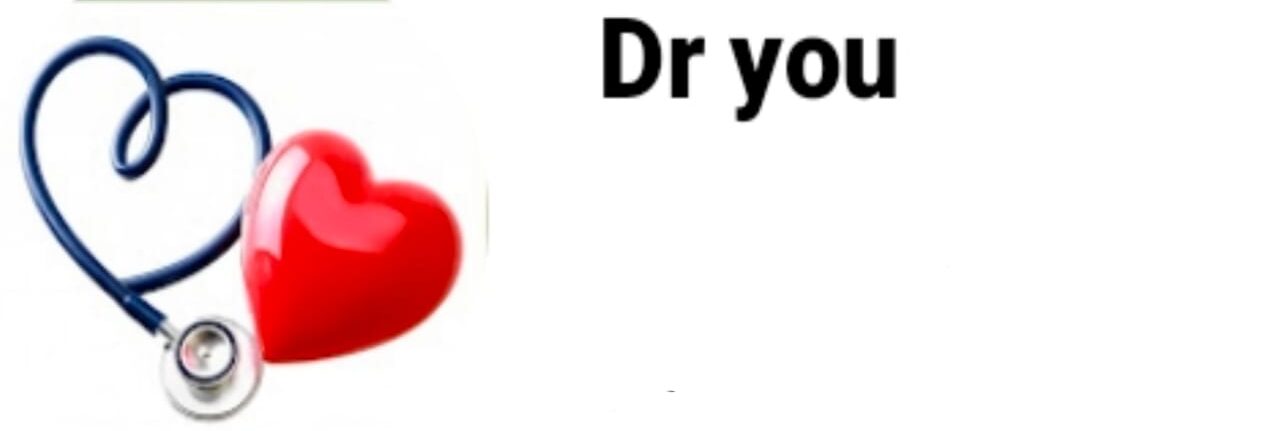A month before a heart attack 5 subtle signs to watch for Most people think a heart attack is like a lightning strike—sudden, dramatic, impossible to predict.
But here’s the not-so-funny truth: your heart often sends quiet text messages weeks in advance.
Unfortunately, these messages don’t come with flashing neon lights; they arrive as small annoyances you might shrug off as stress, age, or “just being tired.”
Doctors say that recognizing these early whispers can literally save your life.
From unexplained fatigue to odd chest sensations, these signals can show up as early as a month before the big event.
So grab a coffee (or maybe herbal tea if you’re watching your caffeine), and let’s decode these subtle—but life-saving—warnings
Chest Discomfort & Heaviness – Your Heart’s First SOS
This is the classic sign, but don’t expect Hollywood drama.
Instead of a knife-like pain, most people feel a pressure, fullness, or squeezing in the center of the chest—like an elephant sitting politely on your sternum.
The discomfort may come and go, last a few minutes, or feel like mild heartburn.
It can also radiate to your arms, jaw, neck, or back, making it easy to blame on sore muscles or bad posture.
Why it matters: When blood flow to the heart is blocked, the heart muscle cries for oxygen, producing this heavy sensation.
If you notice recurring chest pressure—especially during activity or emotional stress—stop what you’re doing and call your doctor immediately.
Remember: a month before a heart attack, this sign may be gentle.
Don’t wait for a dramatic collapse to take action

Unusual Fatigue – When Daily Tasks Feel Like a Marathon
Ever feel wiped out even after a full night’s sleep?
We’re not talking about the “I stayed up watching Netflix” tired; this is a deep, bone-level exhaustion that makes climbing stairs feel like scaling Everest.
This warning sign is especially common in women, who may not experience classic chest pain.
The reason: when arteries narrow and the heart receives less oxygen, your body diverts blood to vital organs, leaving you drained and sluggish.
What to watch for:
- Feeling excessively tired after routine chores like walking the dog or carrying groceries.
- Needing naps when you never used to.
- A heaviness in the body that lasts for days.
Because fatigue is easy to blame on work or aging, it often goes ignored.
If your energy levels have tanked without reason, your heart might be whispering for help
Shortness of Breath – Air Supply on Backorder
If you find yourself breathing hard during light activity, or even while resting, your heart may be struggling to pump efficiently.
This inefficiency can cause fluid to build up in the lungs, creating that breathless, “can’t catch my air” feeling.
Symptoms can appear weeks before a heart attack, and they’re not limited to workouts.
You might notice:
- Feeling winded after a short walk.
- Difficulty lying flat without gasping.
- Needing extra pillows to sleep comfortably.
Many people mistake this for asthma, anxiety, or just being “out of shape.”
But if breathlessness is new, worsening, or paired with chest discomfort or fatigue, it’s time to see a doctor—no excuses.
Your lungs might be fine; it’s your heart that’s running out of breath

Palpitations – When Your Heart Throws a Dance Party
Everyone gets the occasional “skipped beat,” but frequent fluttering or racing can mean your heart’s electrical system is misfiring.
Palpitations often feel like your heart is:
- Racing out of nowhere,
- Skipping beats, or
- Doing a little drum solo inside your chest.
These irregular rhythms—especially when combined with dizziness, breathlessness, or chest pressure—may indicate the heart is under stress and struggling to maintain a steady rhythm.
A month before a heart attack, palpitations might pop up during rest or mild activity.
Don’t write them off as anxiety or too much coffee.
Track when they happen and get checked.
Your heart isn’t trying to annoy you—it’s sending an urgent RSVP
Sweating & Sleep Disturbances – The Silent Night Signals
This is where things get sneaky.
Waking up drenched in sweat, experiencing sudden night chills, or having unexplained insomnia can signal that your heart is working overtime.
Why it happens: Poor blood circulation and rising stress hormones can trigger night sweats and restless sleep even when the room is cool.
Some people also notice vivid dreams or frequent awakenings, sometimes paired with an uneasy feeling they can’t explain.
Because night sweats are often blamed on menopause, stress, or spicy food, many shrug them off.
But if you’re sweating buckets at 2 a.m. without reason—especially with chest heaviness or palpitations—your heart may be sending an after-hours emergency alert
The Long Reality Check: Prevention Is the Real Power (Long Paragraph)
Here’s the big picture, and it deserves a long, unskippable scroll.
Heart disease remains the leading cause of death worldwide, yet most heart attacks are preventable with early action.
These five signs—chest discomfort, fatigue, breathlessness, palpitations, and sweating—are not random annoyances.
They are your body’s built-in early-warning system, a month-long countdown clock giving you precious time to act.
Schedule a check-up, request a cholesterol panel, monitor blood pressure, and evaluate lifestyle habits like diet, exercise, smoking, and stress.
Even small improvements—like swapping soda for water or adding a daily 20-minute walk—can dramatically lower risk.
The earlier you respond to these whispers, the better your chance of stopping a heart attack before it starts.
Jeera Water vs Chia seeds Which is better for weight loss
Disclaimer
The tips and suggestions mentioned in this article are intended for general informational purposes only. Before starting any fitness program, making changes to your diet, or trying any remedies related to health conditions, please consult your doctor or a qualified healthcare professional. Dr. You does not verify or endorse the authenticity of any such claims made herein

